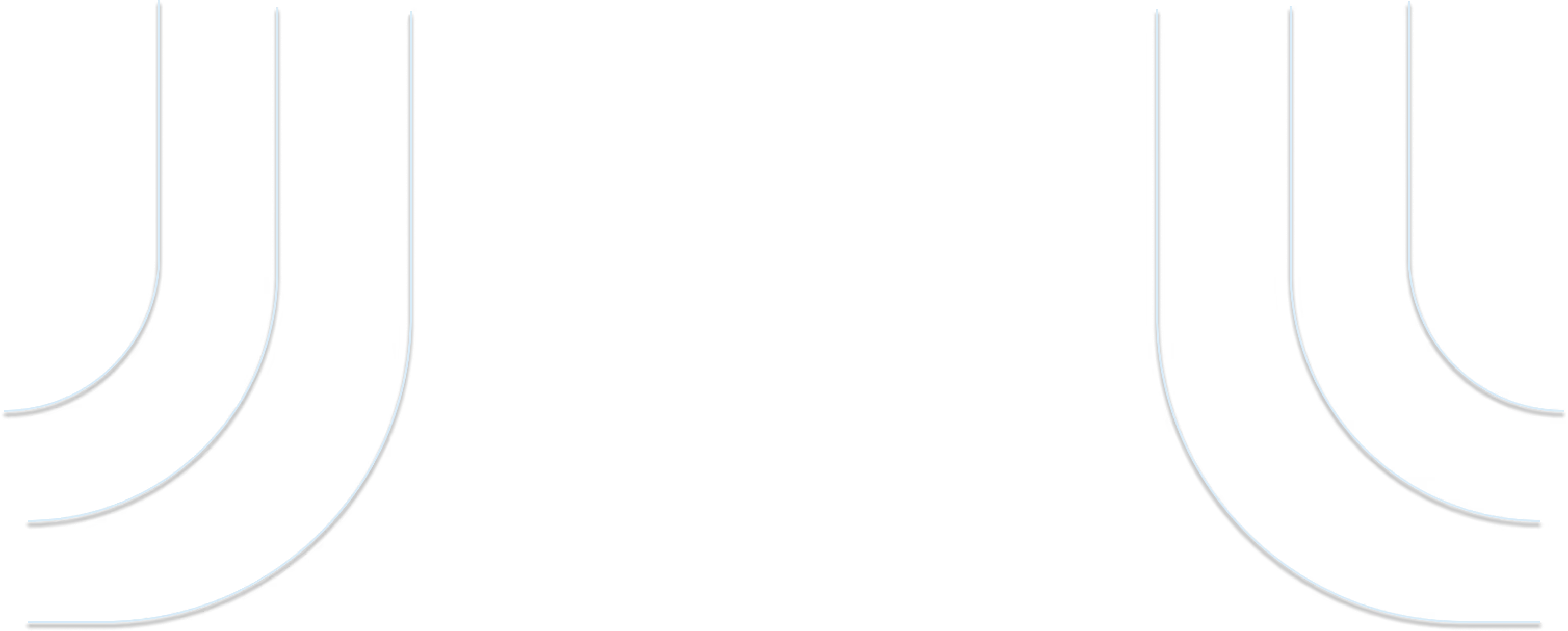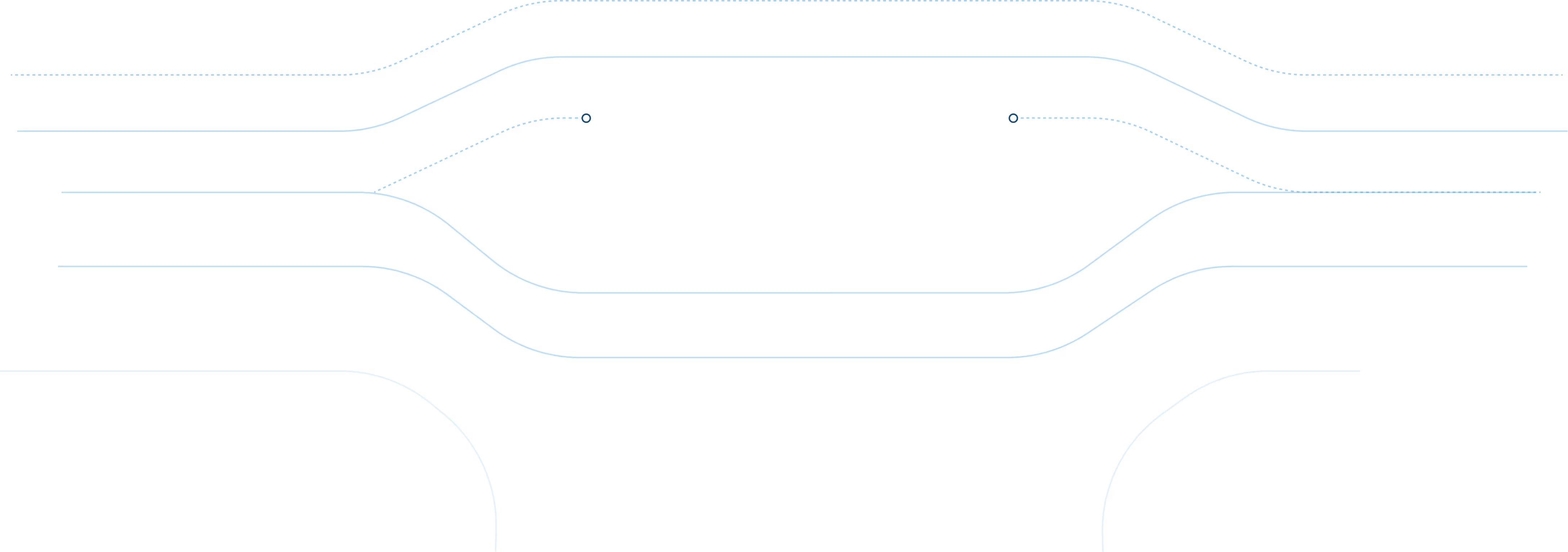


Data Security
We take your security and privacy very seriously. Marvin meets major international data standards, and we conduct comprehensive audits of our applications, systems, and networks to ensure that your data is always protected.





Fully certified for your trust
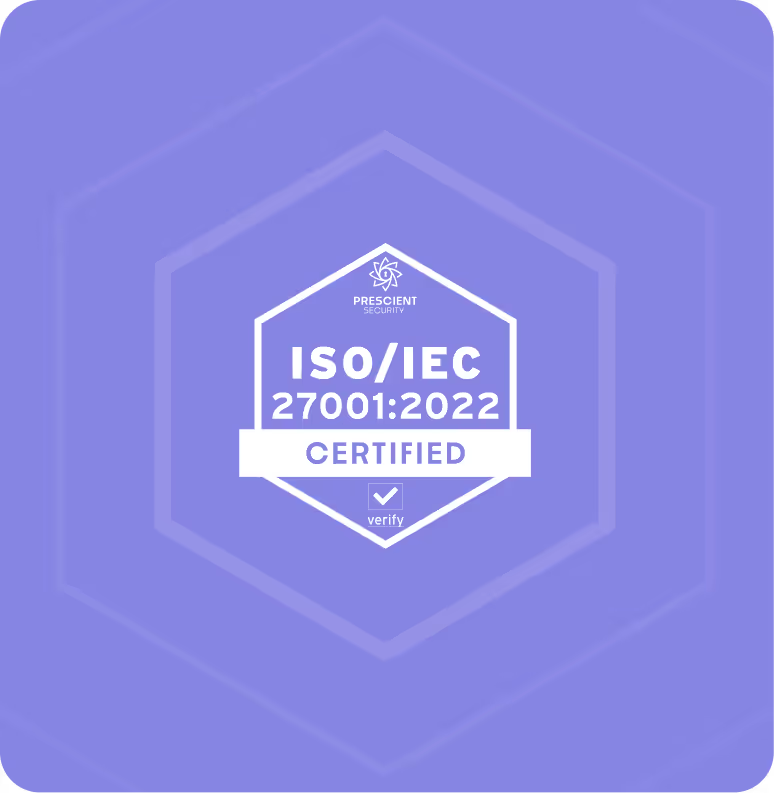
ISO 27001 certified
Earning ISO certification demonstrates our commitment to a well-structured, stable, and secure business, so your data and our services are always protected by the highest standards.
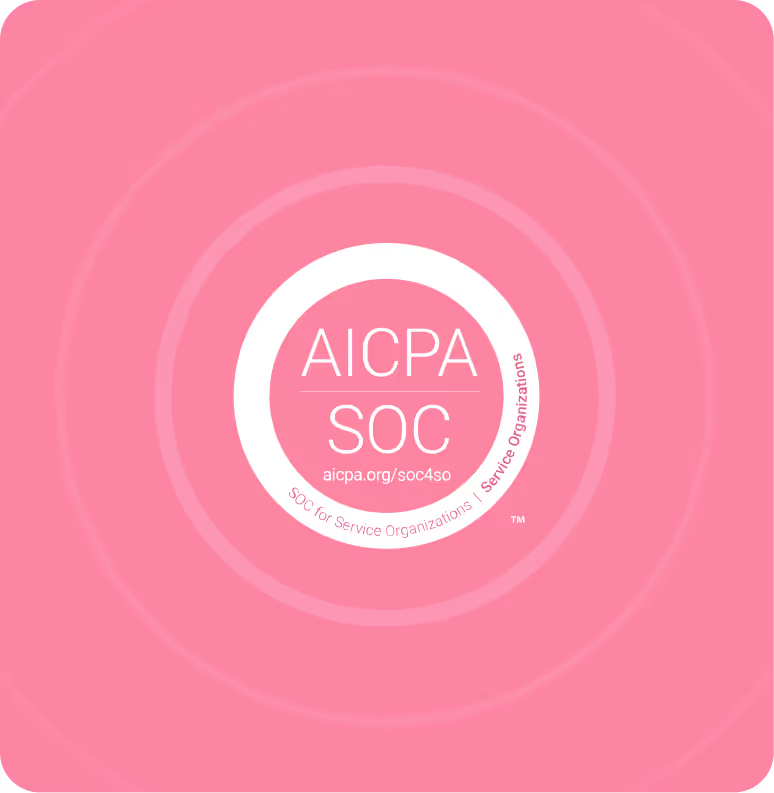
SOC2 certified
Developed by the American Institute of CPAs (AICPA), SOC 2 defines criteria for managing customer data based on five “trust service principles” — security, availability, processing integrity, confidentiality and privacy.

HIPAA Certified
The Health Insurance Portability and Accountability Act (HIPAA) is a U.S. law that safeguards your medical privacy. HIPAA protects your health information by requiring companies that manage your data to keep it safe and use it only when they're supposed to.
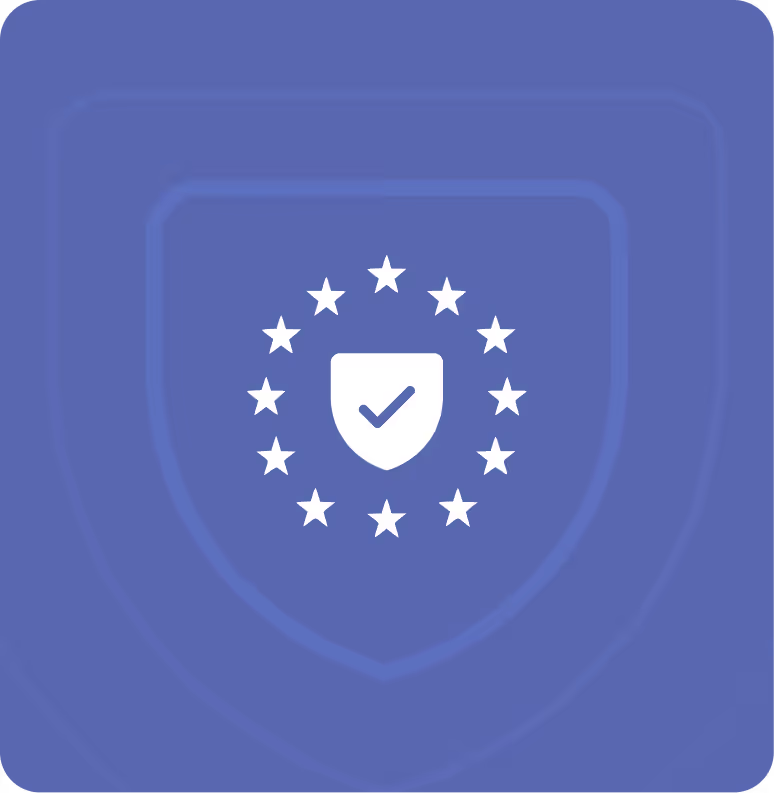
GDPR Compliant
The General Data Protection Regulation (GDPR) is a European Union law that regulates how companies handle the personal data of EU citizens. GDPR promotes transparency, gives you control over your data, and implements robust security measures.
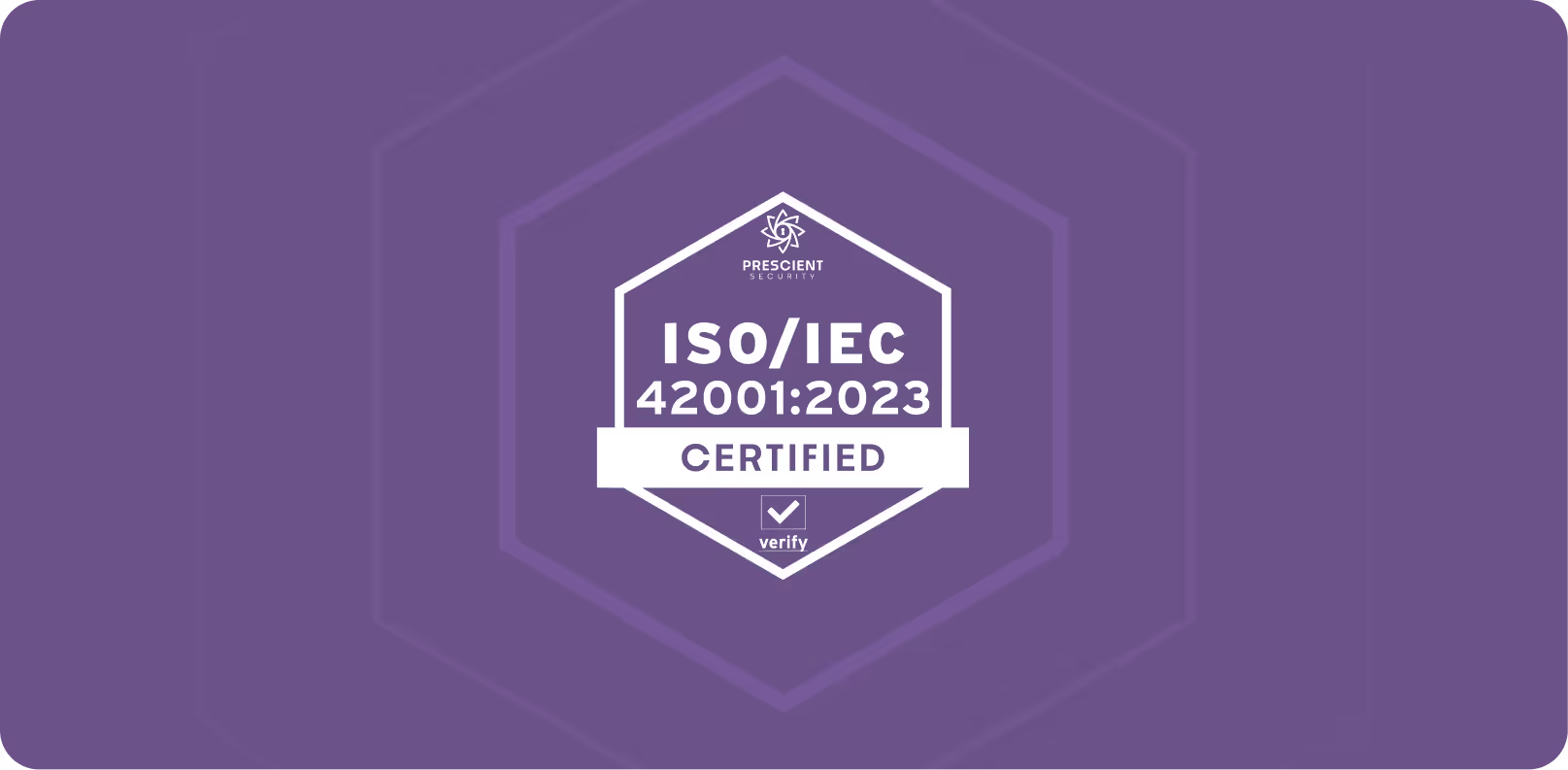
ISO 42001 certified
Achieving ISO 42001 certification underscores our commitment to responsible AI management—ensuring ethical, transparent, and secure AI practices so your data and trust are protected by globally recognized standards.


Your privacy is of paramount importance
Marvin values customer privacy. We consistently comply with privacy laws and remain transparent on our data management procedures, particularly related to data protection, retention and deletion, and training procedures. We continuously stay up to date with the latest security concerns and best practices.
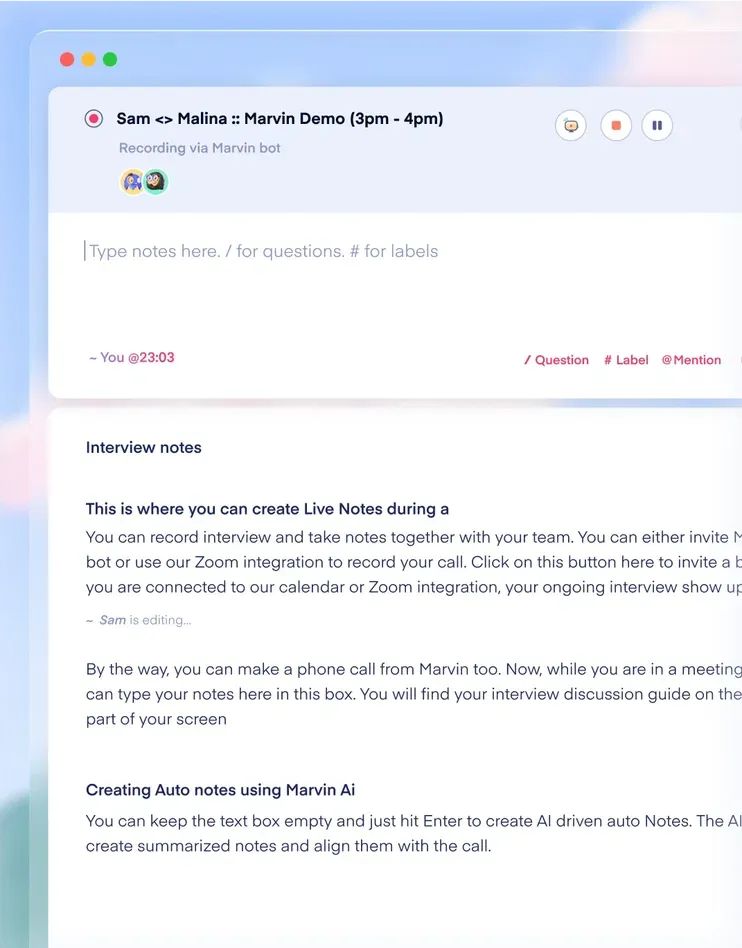
.svg)


